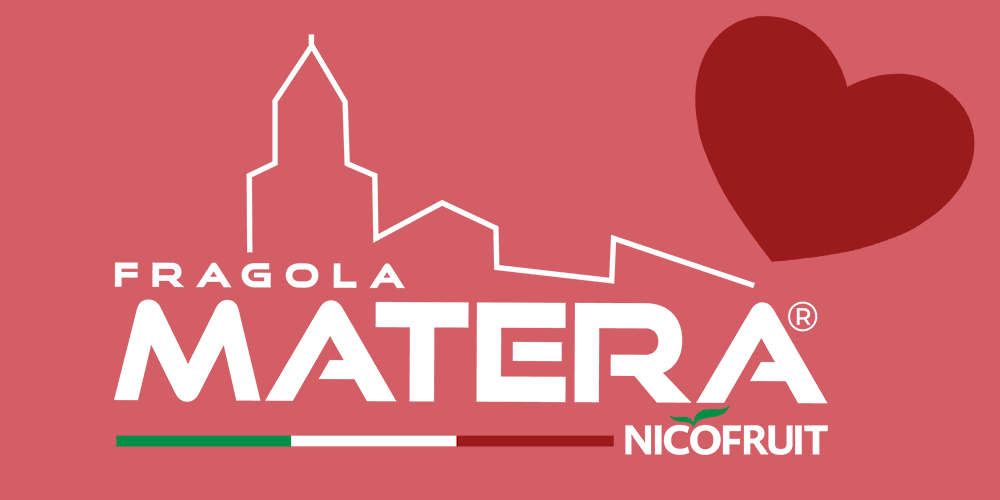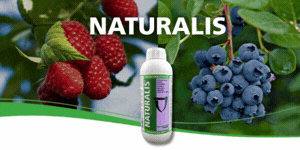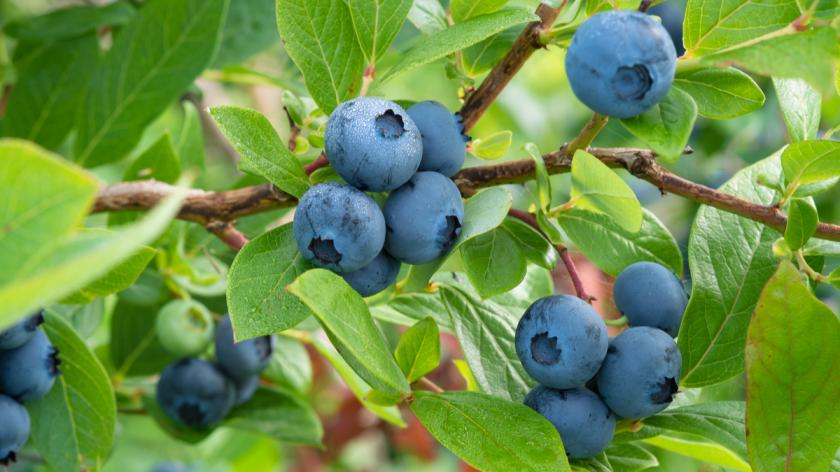Sant'Orsola has introduced a new product line for its blueberries: the zero residue, certified by CSQA according to its standard DTP 021. For the zero residue, the CSQA certification "guarantees the absence of pesticide residues in the fruit on sale" and "certifies that the residue of pesticides is below the minimum quantifiable limit, i.e. less than 0.001 parts per million".
On the packaging there is also the tricolour with the text '100% Italian' which distinguishes the product coming from Italian producers. The zero residue product only concerns Italian products; the regions involved are Calabria and Sicily because of the favourable production conditions in those areas. It is harvested in March, April and May and it is only in this period that it is possible to find it on sale. According to the cooperative, there are plans to extend the production areas as much as possible in the coming years.
Sant'Orsola claims that this is the first blueberry of this type on offer on the Italian market. According to the myfruit.it Piccoli Frutti Observatory, there are no other product lines with the same certification on sale in the Italian large-scale retail trade, while at European level Carrefour has long had a zero residue line in its French shops, sold at the fixed annual price of Eur 4.50 for the 300g and Eur 6.50 for the 500g.
On the occasion of the surveys carried out in the shops in Padua on 18/3/2021, the Observatory berries was able to verify the positive reception received by this new reference of the co-operative from Trentino: in the supermarket visited, the product was in fact almost sold out and only one package was available on the shelf (further information concerning the point of sale, price, quality, positioning etc. is available for subscribers to the service). The reactions of the public therefore seem to confirm the satisfaction expressed by Sant'Orsola for the initial sales results.
This line is available in supermarkets, the best fruit and vegetable shops and selected online channels in three packaging options: the plastic-free 125 gram pack, the 100 gram cup or the 125 gram clamshell basket.

"The ambitious blueberry zero residue project," emphasises Matteo Bortolini, General Manager of Sant'Orsola, "aims to meet the growing desire of consumers to buy increasingly healthy fruit and responds to our Cooperative's desire to ensure the complete sustainability of the production chain. With blueberry zero residue, we are reaffirming and reinforcing our long-standing commitment to sustainability by taking targeted action at the production, processing and marketing stages. It also enables our brand to expand its product range and enter a new market segment.
"Thepath towards zero residue certification began a few years ago, choosing the Italian areas most suited to the particular and precise methods of protection and defence required, training the members of the Cooperative and guaranteeing them continuous and punctual assistance from the technical staff.
According to Bortolini, Sant'Orsola "in order to obtain the blueberry zero residue has worked on the search for varieties that are less susceptible to disease, above all to identify the growing conditions necessary for minimal or no spread of harmful pathogens and parasites, so as to defend the plants selected from the most suitable varieties. He has experimented with and practised special pruning methods and uses beneficial insects and mites that are not harmful to the crop, but which feed on those that are harmful to blueberry. In addition, he uses protective nets and natural products to defend against insects and fungi. It is precisely the great teamwork of experienced technicians and members of the cooperative that has made it possible to eliminate the use of plant protection products or to use them in very small doses well before the fruit is ripe and harvested. This ensures that any residues are degraded to such an extent that they are not even measured by the analytical instruments used to detect them."
The process to obtain the certification includes the control and management of the supply chain by the applicant for certification, a study phase on the degradation behaviour of the active ingredients, the definition of an integrated production specification with the objective of total abatement of residues, an adequate control plan, including analytical checks within the supply chain, a traceability system in all the various phases and a periodic review of the integrated production specification.
The 'zero residue' segment is a novelty in the fruit and vegetable department and only a few lines are still offered in the Italian large-scale retail trade: these include 'Rivoira zero' apples, Romagnoli potatoes and Coppola's Zero Hero potatoes, F.lli Orsero pineapple and tomatoes , and Guidi apricots.
The dilemma of the competitive positioning of this segment remains to be solved: do consumers know and appreciate the differences between conventional, organic, integrated pest management, zero residue and biodynamic? And what reception will a standard have that is strongly opposed by the organic world due to its lack of a public regulatory framework and the absence of a social and environmental protection function? But according to Mark-up, 'the zero residue could ultimately be a spur. And help the industry to give consumers more transparency'. St Ursula also thinks that the 'new green frontier of healthiness' is good news, especially in these pandemic times.












